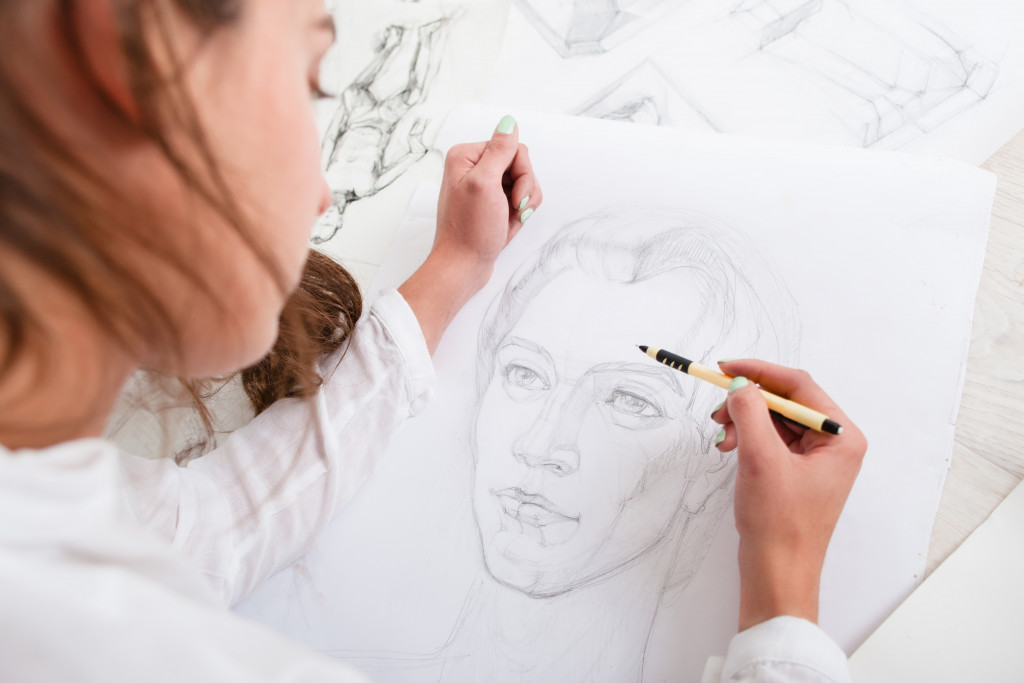Underestimating the seriousness of your situation by expecting a rehabilitation program would solve all of your difficulties is naive. It takes some time to go back to your old self before your addiction took over your life. However, you’ll find a slew of individuals eager to assist you as you adjust to life after treatment. Friends, relatives, and coworkers may perceive you differently now that you’re doing rehab for drugs such as cocaine.
Individuals in rehab may have to adapt to changing life and make new connections once they depart. It’s counterproductive to hang around with the same group of people who advocate binge drinking and drug usage since it puts people in jeopardy. For others, it may mean starting again with a new job and lifestyle. Any favorable decision you make supports your commitment to be responsible and in charge of your destiny.
Individual Therapy
In the eyes of a competent therapist, addiction is much more than a simple chemical dependency. In many cases, it’s due to a way of life that covers anxiety and other factors that might result in harmful misuse. Cognitive-behavioral therapy, for example, aids recuperating addicts in identifying and resolving deeper problems that may have contributed to their addiction. In treatment, patients explore their troubling withdrawal effects or actions with a therapist.
Similarly, individual therapy allows people to dig deep and discover why they experience particular feelings or use drugs as a means of coping with them. This has a significant impact on patients’ relationships with various treatment modalities. Mindfulness and biofeedback enable individuals to listen and breathe while also providing a therapeutic release.
The Race Is Won by the Slow and Steady
Those who have just recovered from addiction may think they’re immediately prepared to continue their old lives, but that’s not always the case. However, they will rapidly come to understand that they are beyond ready. You’ll have a new lease on life and want to enjoy it to the utmost, but take it in moderation. Now that things have slowed down, adjusting will take some time. Keep in mind that when it comes to recovering from a drug abuse problem, consistency is critical.

What Activities can Replace Drug Usage?
Work and rehabilitation cannot, however, be the exclusive focus of your existence. You must also enjoy yourself, which you can still achieve even without drugs or alcohol. Trying new activities and having fresh personal experiences can keep changing your sense of enjoyment. For the most part, you can enjoy yourself best when spending time with other people and participating in activities such as watching movies, participating in basketball or musical performances, riding a bicycle, playing computer games, or embarking on day excursions to the beach.
Even when you’re alone, you can still have a good time doing activities such as baking, yoga, and crafting. Having a good time comes down to how you approach it. The right company and a positive outlook on life could definitely make everything entertaining for you.
Also, Eminem (the rapper) struggled with a painkiller-related substance abuse issue. He had difficulties sleeping without narcotics after detoxifying and entering sobriety. He started running 27 kilometers a day and also worked out with DVDs. This strategy could help you since exercising produces the same hormones that drugs used to, and you can also enter a new community if you take a class.
Various Types of Ongoing Support
Once a person has completed rehabilitation, the next phase of their healing should maintain long-term sobriety. While completing treatment is a significant milestone, it is essential to have ongoing support to prevent relapsing into drug use or alcohol abuse. Following treatment, there are numerous excellent choices of continuing support, which all promote a better lifestyle.
Attending associations that recognize recovery and take measures to keep participants clean is one of these options. The feeling of responsibility can serve as a helpful reminder for individuals to appreciate their time in therapy while also valuing their new way of living. You may also consider joining a church or taking up a hobby that promotes self-reliance and a positive outlook. This helps clear your mind of the painful memories while also focusing on the here and now.
Which type of living situation is the most ideal?
When you first start your rehabilitation, you might want to consider staying in a sober community. Long-term residents (around 15 to 17 months) have been found to have higher involvement in learning environments, more time working, and a greater frequency of taking prescribed medicines. According to other research, the less prone you are to relapsing, the better your chances of long-term recovery.

